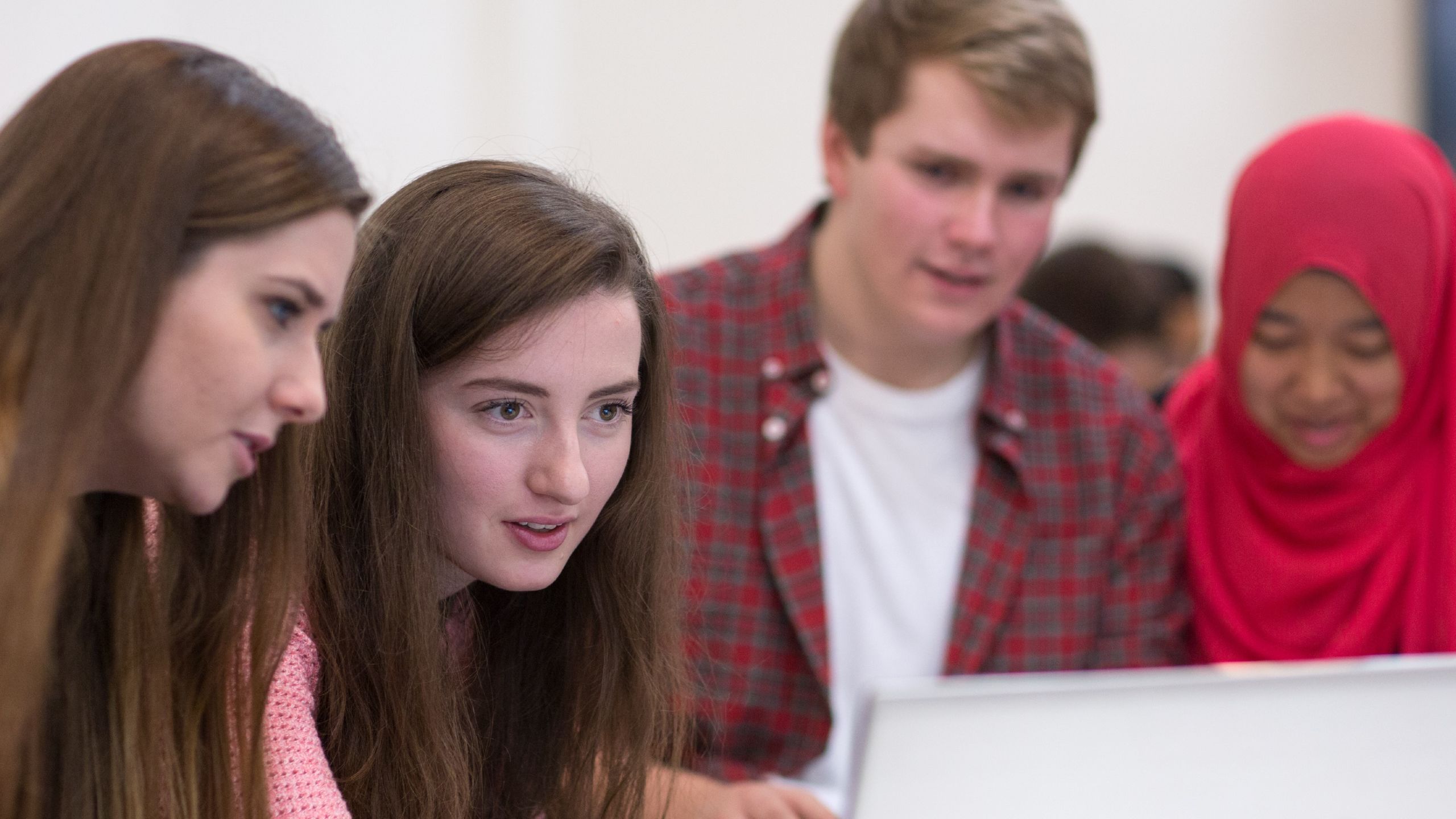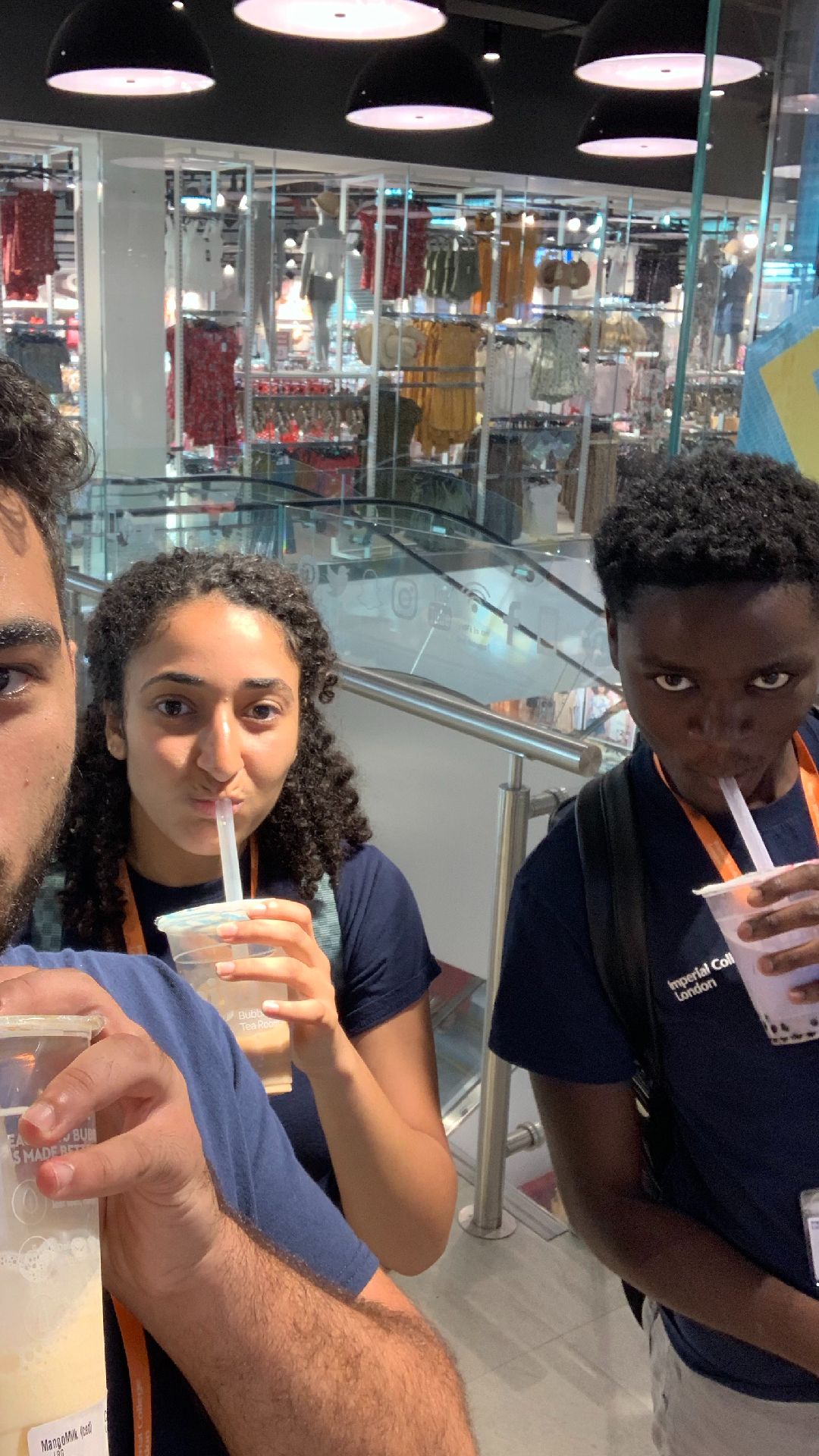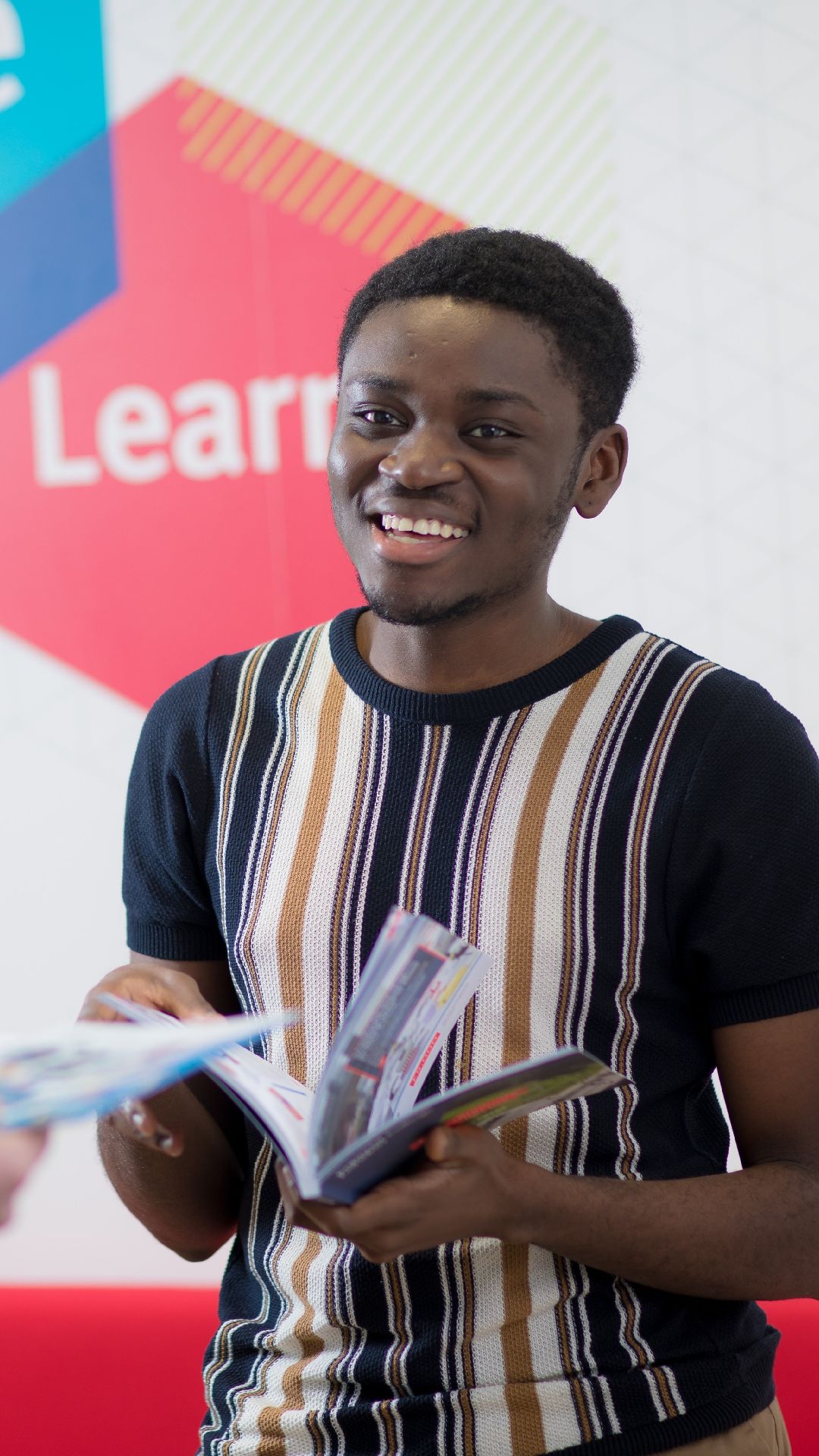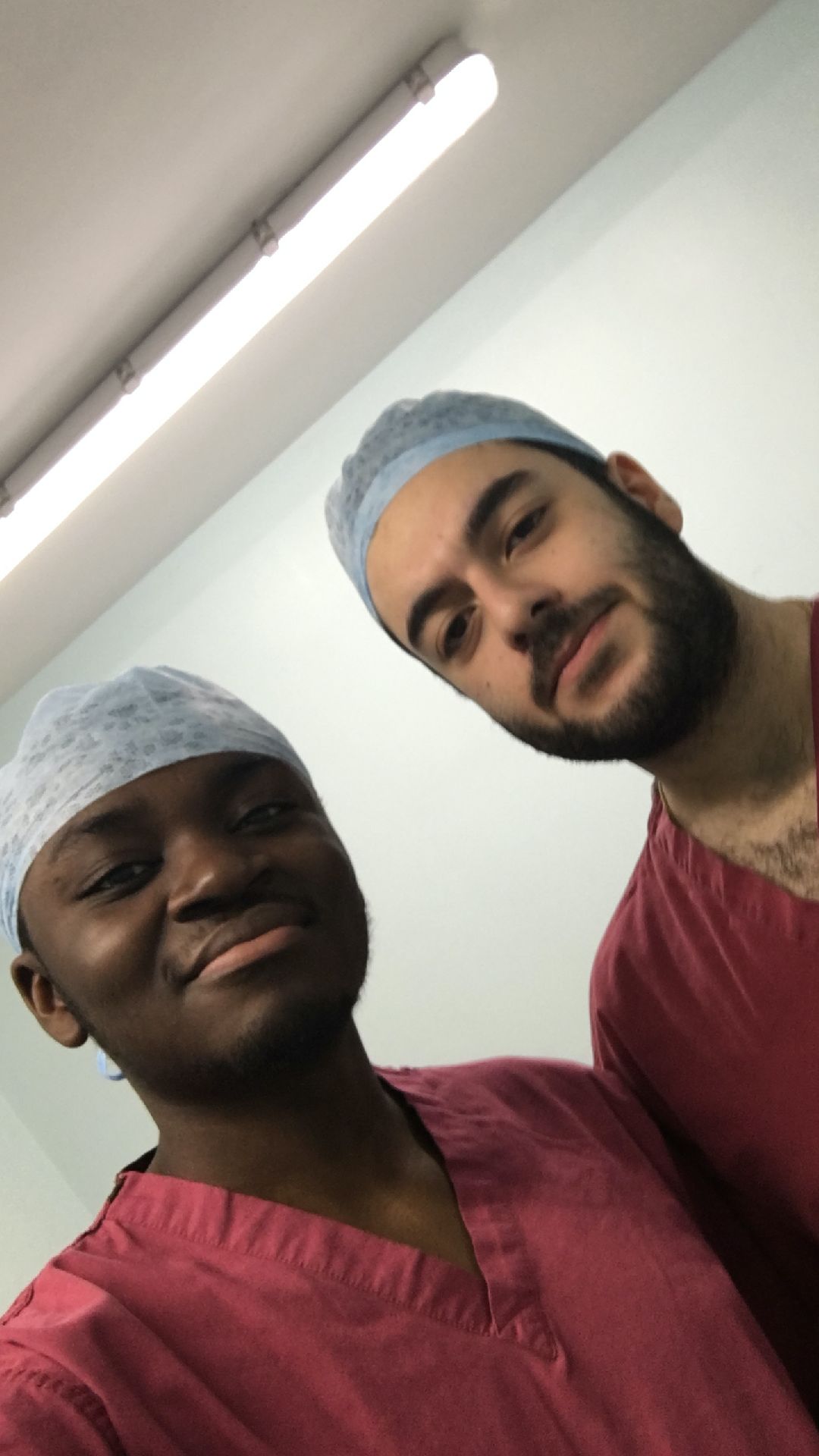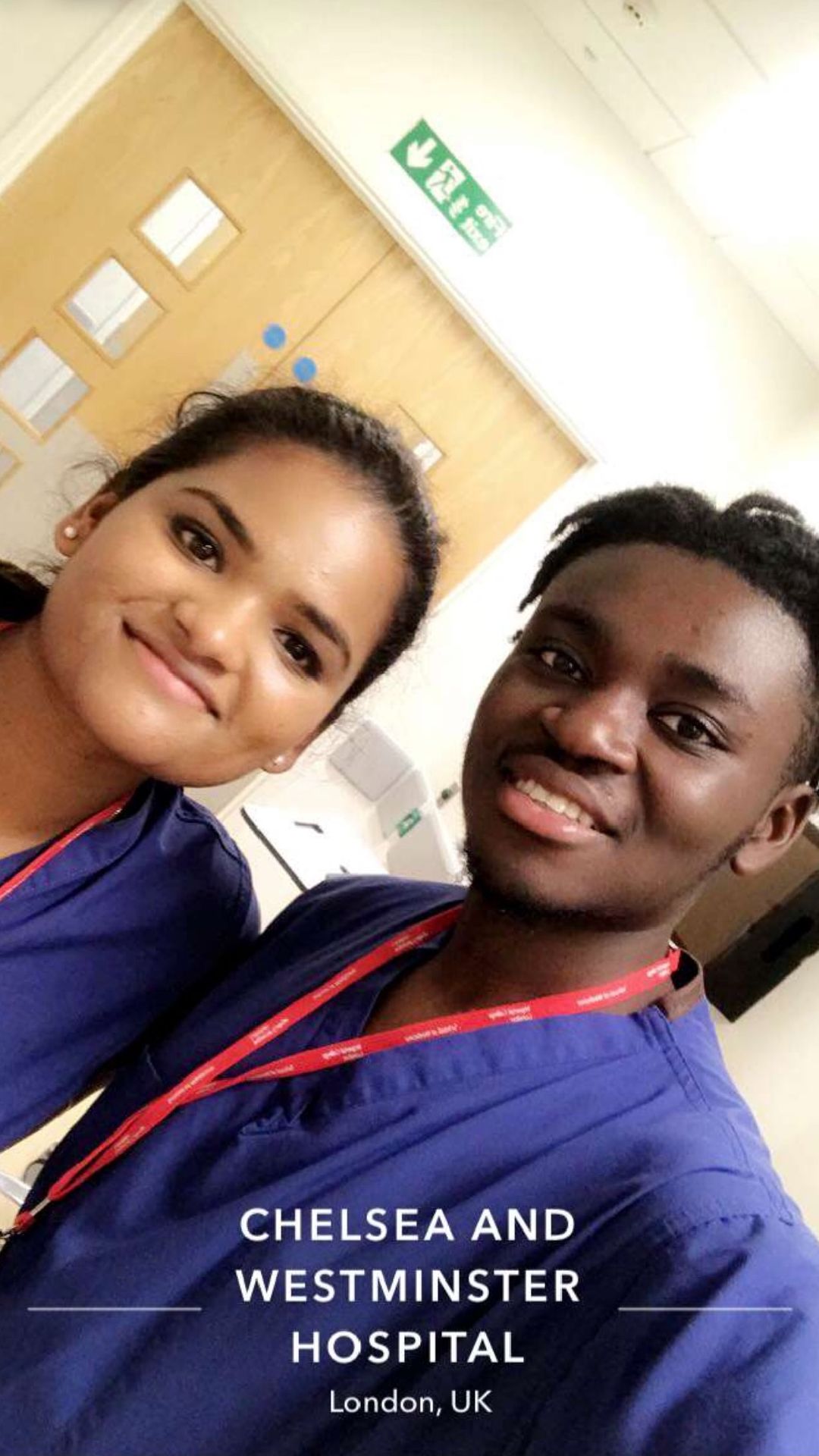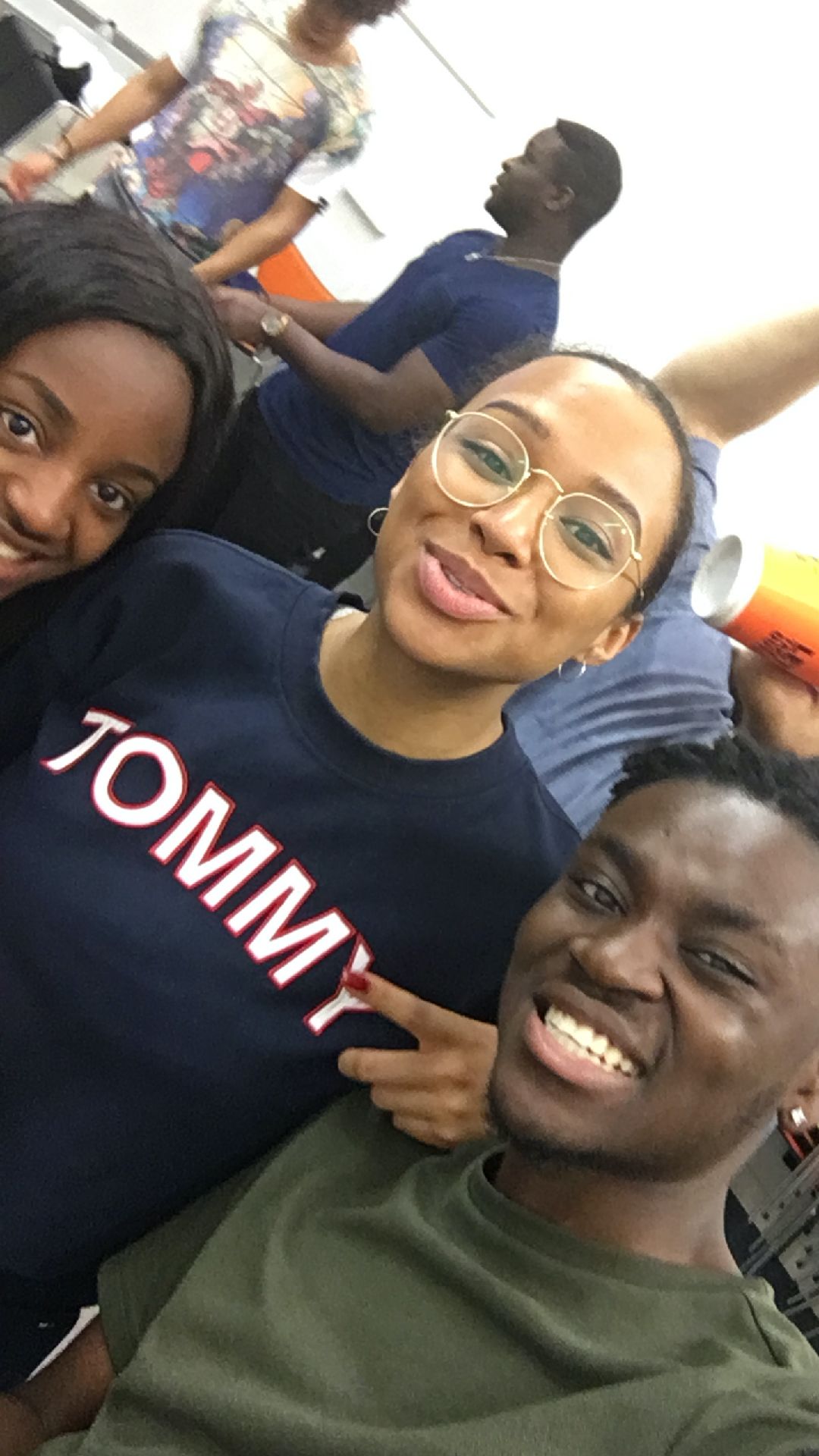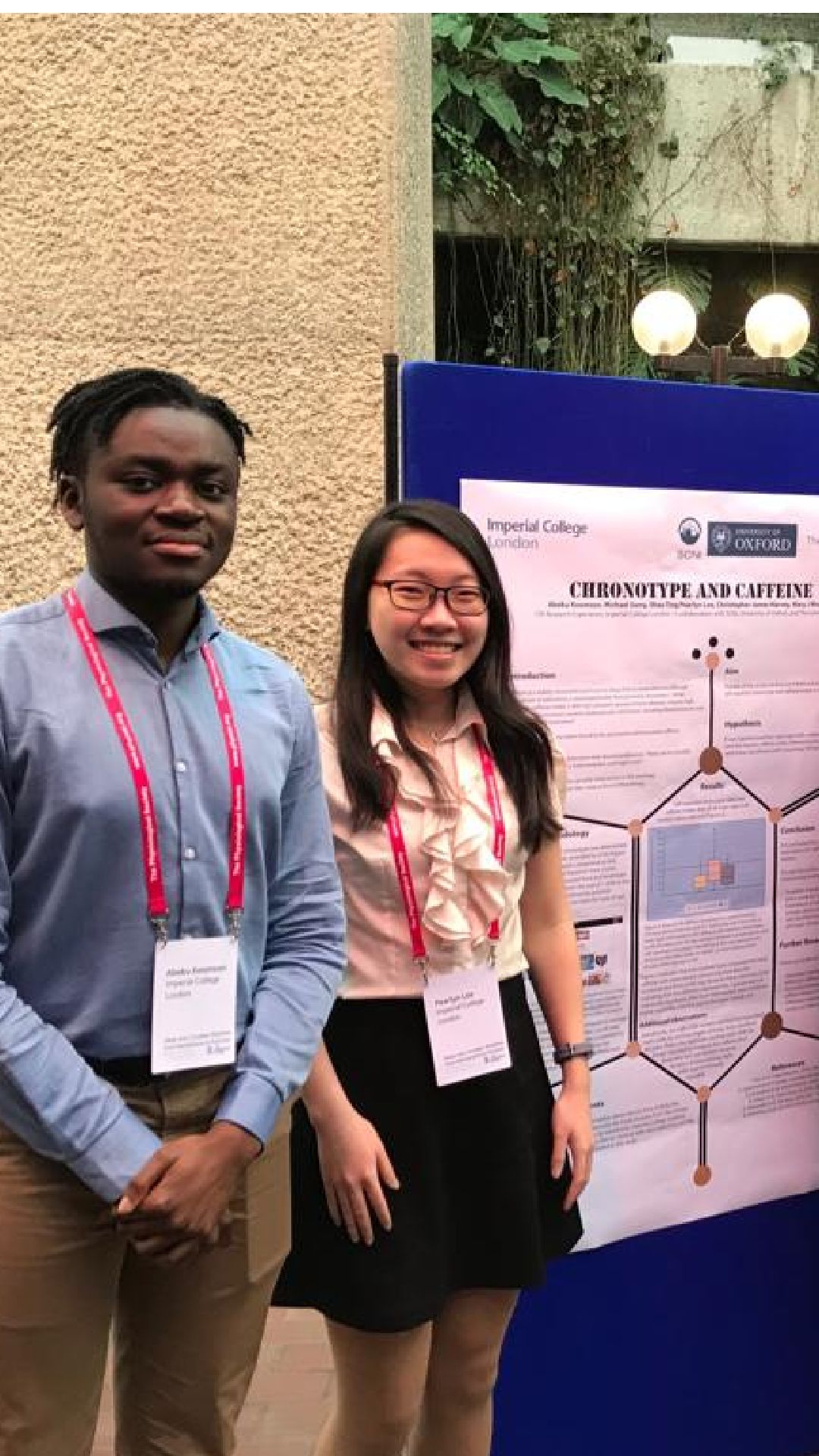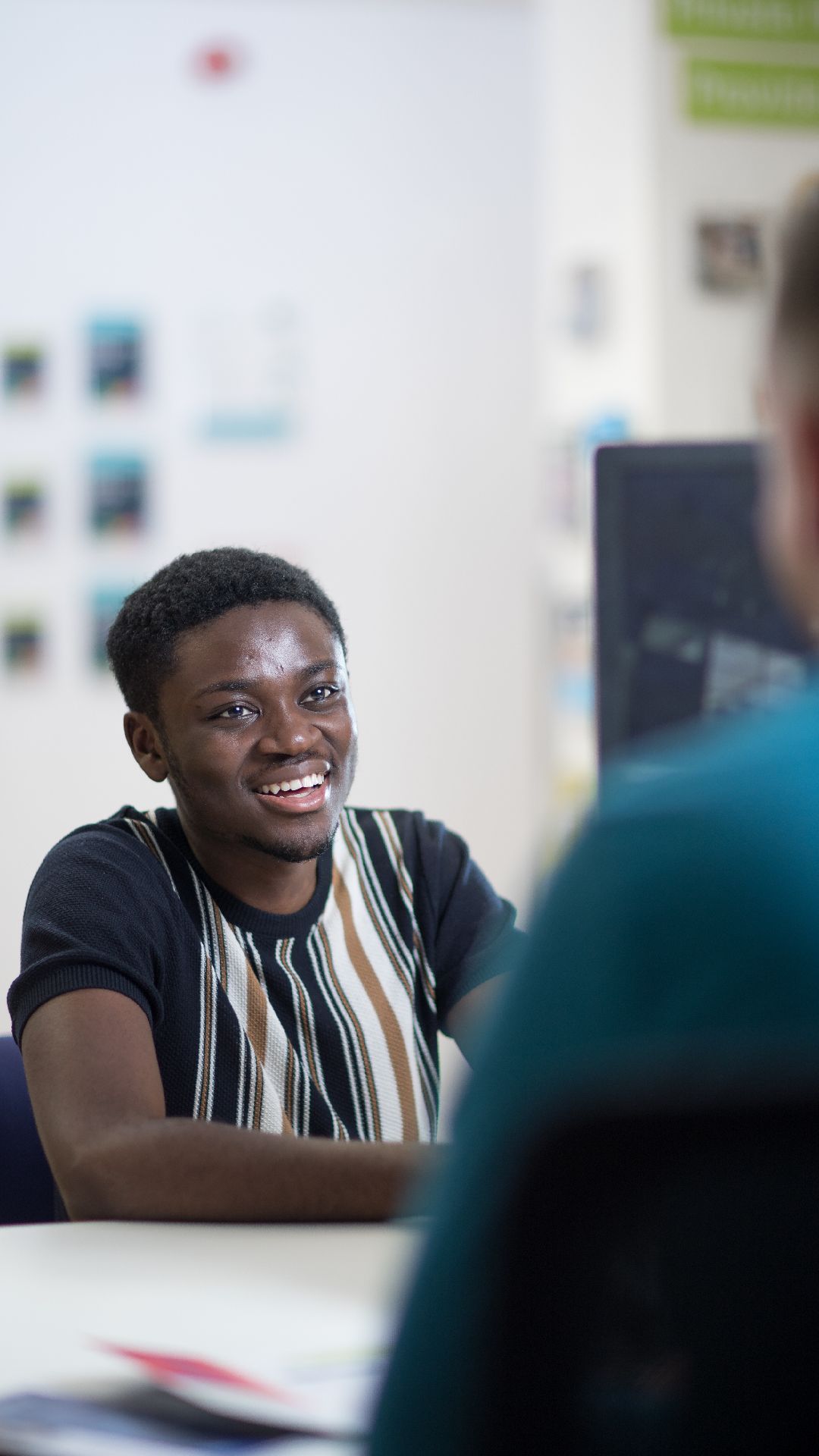Abeku
Medicine undergraduate
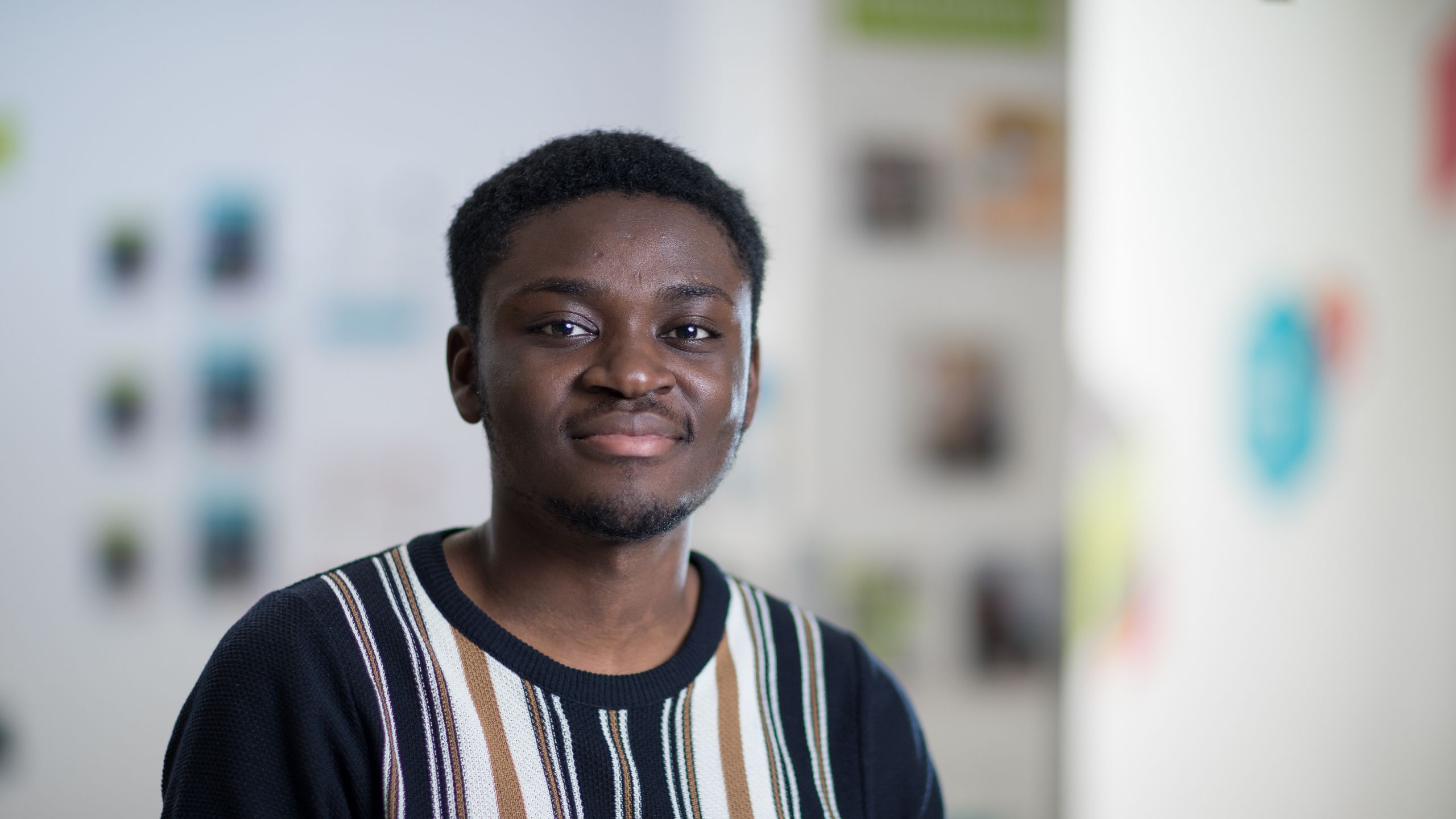
I wanted to attend one of the best universities and Imperial has always been ranked as one of the best in medicine.
I'm also from London, so it was a good that it's close to home. I had visited the university as part of the Imperial outreach programme prior to applying and I enjoyed it a lot.
They have this lab where they hold classes for students who are from year 10 to year 12, where you can do experiments and learn about how to get into science.
I attended a couple of classes when I was in year 12 and from then I just always had Imperial in my mind as somewhere to attend.
In first year, I was based in South Kensington campus. I lived in Xenia, which was a halls of residence in Waterloo, so the commute wasn't too bad.
I do like the South Ken campus, particularly the building for medicine. I had good lab experiences there.
Accessing the Imperial Bursary
Receiving the Imperial Bursary made a huge difference to me. If I hadn't received it, my experience at university would have been completely different.
Living in London is expensive, and I would have been forced to live back home. Which wouldn't be too bad – I would just prefer to live and study with my friends.
Without the bursary, I wouldn't be able to afford the extracurricular parts of my course which can be quite useful.
In my third year, I organised an elective with one of the orthopaedic surgeons I'd met, up in Barnsley in North England.
To go and spend a week with him cost around £400 pounds, because I had to pay for the train and accommodation. Surgical courses and conferences also cost money.
Obviously, no student is forced to pay for this sort of thing but it does give you an advantage if you’re interested in applying to that specialty in the future.
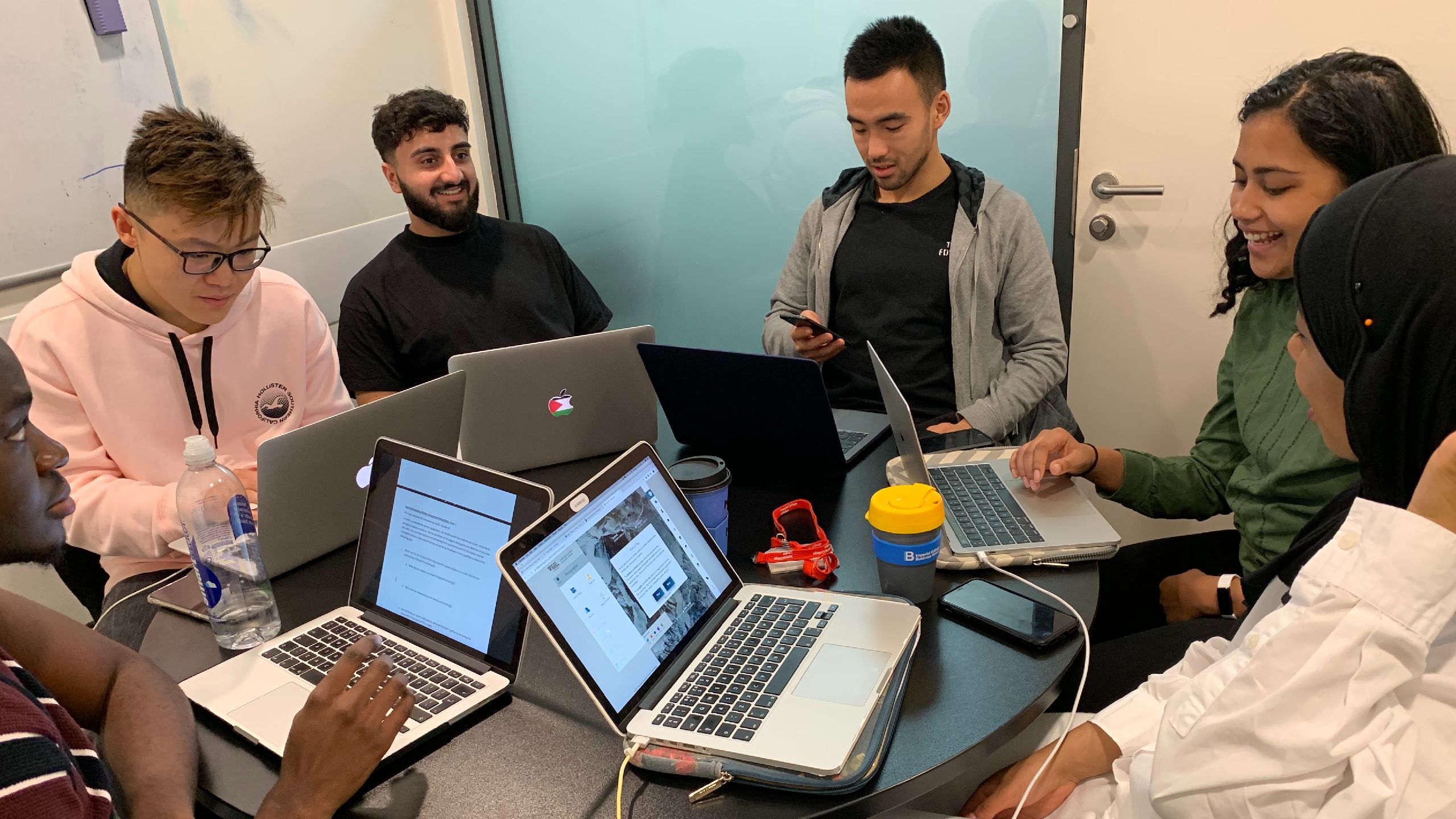
Shadowing doctors on hospital placements
First and second year is lecture-based learning. You have lectures, small group teaching, tutorials and labs.
From third year onwards is when you start your hospital placements. So from then then you'll be spending most of your time in hospital.
My hospital placements usually start quite early but it varies quite a lot depending on what it is. If there's a clinic, then it starts around 9am. If I'm in theatre for surgery, I have to be in at around 7.30am.
I could be in Hammersmith hospital, shadowing the doctors and practicing core skills or speaking with patients at Chelsea and Westminster. So I'd typically do a full day in hospital until about 4 or 5pm.
I would finish early on a Wednesday because it was a half day, then come home, study what I'd learned and prepare for the next day.
Taking part in the Global Creative Competition
We're encouraged to pursue other things outside of medicine. For example, there is a coding society for medics.
That's a useful skill to learn because you could use that in the future to maybe build some sort of medical app or website.
I took part in a competition where we were challenged to produce something creative, to show how you were responding to COVID as a medical student.
I do a little bit of casual photography, and I took a photo of an empty platform and dark tunnel in a tube station.
I wrote about how it's difficult to see the light at the end of the tunnel of this pandemic but that we should strive to get to the end of the tunnel, to get to the light.
There were definitely plenty of opportunities for us to explore our creativity.
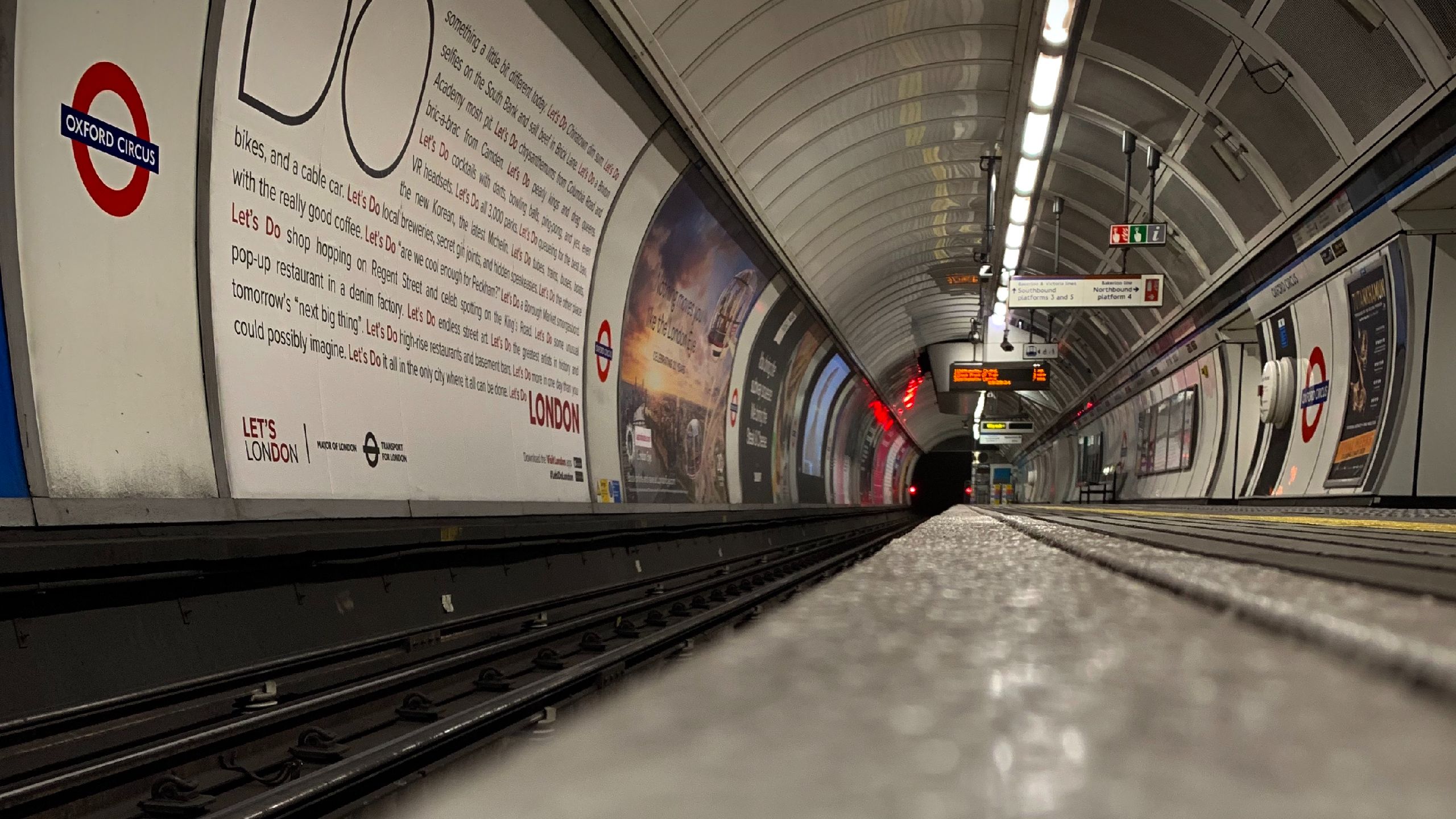
Benefitting from the facilities
One of my favourite things about Imperial is the facilities that we have in the School of Medicine.
They are attached to very good hospitals like St Mary’s, which has a great reputation and varied settings for medical students to learn in.
And there is actually a lot of support in medicine – if you did want to start thinking about your career early, there are experts available for you to go and talk to and ask questions.
This year, we had this lecture from a consultant who has a lot of knowledge in medical careers.
It was really useful because medical career paths can be quite confusing, and they helped us work out how to get into the specialties we were interested in.
Volunteering with Mums and Dads
When you start at Imperial, you have the option to be allocated your own ‘mum and dad’ – older students on the same course as you.
The best thing was getting advice about the course and getting resources that would help me. That's what I found most useful.
Then in second year, when I finally became a dad myself, I passed down my own tips and stuff like that.
I did lose touch with my assigned mum and dad, but by then I’d made friends with other people in the year above, and they sort of became my adoptive parents!
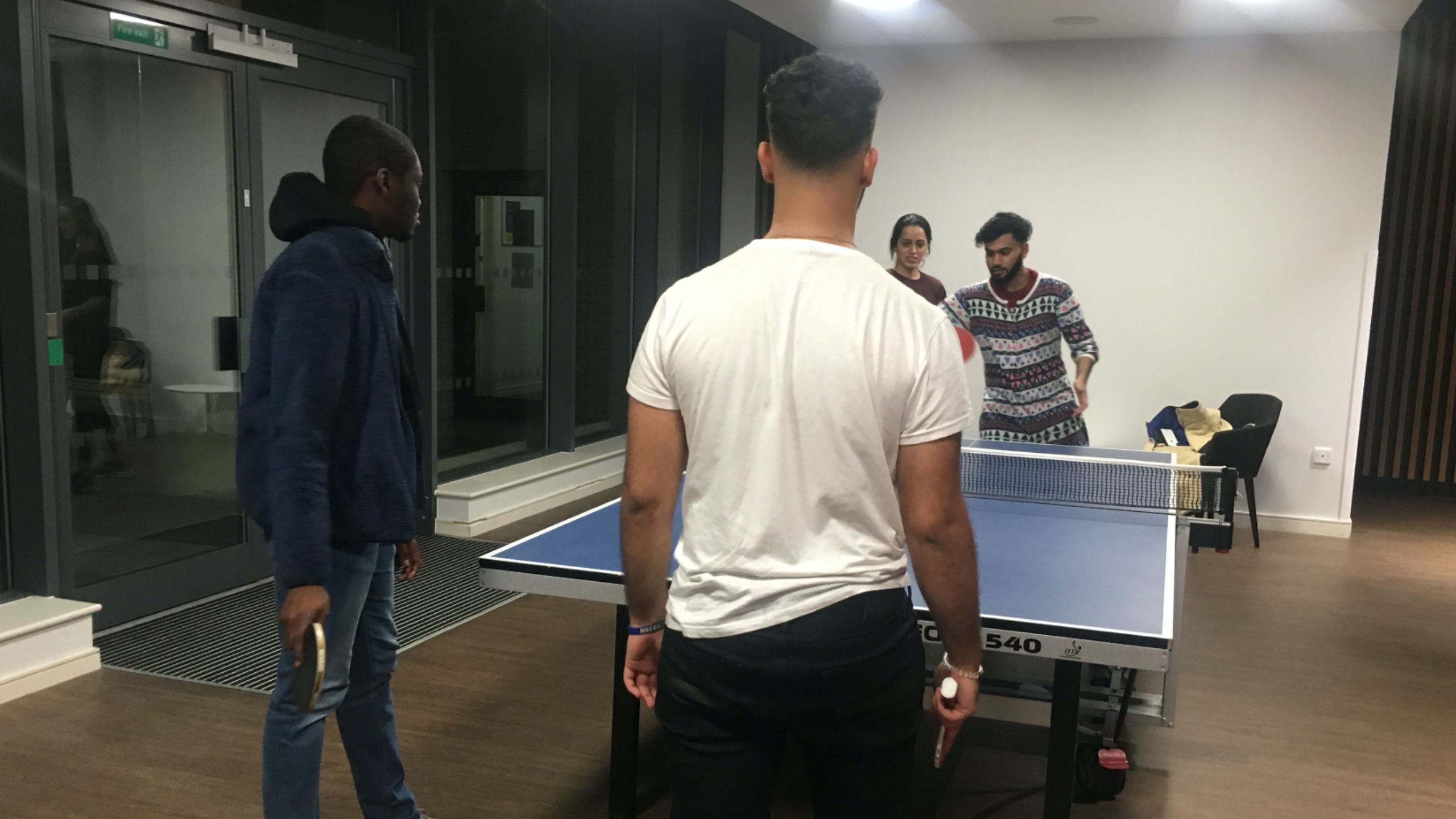
Getting help in an emergency
Imperial has also helped with short-term financial support when I’ve needed it.
In summer of my third year, I budgeted for a holiday with my friends and our flights included a layover in Sri Lanka.
Sadly, there were terrorist attacks in Sri Lanka that caused major disruptions.
I was forced to book another last-minute flight that was very expensive. The unexpected cost meant that I worried about struggling to pay my rent when I returned.
So I spoke to staff from the Student Support Fund and they said they could help me. They gave me £500, which was useful and made sure I could pay my rent.
They were very understanding. I'm not sure what I would have done otherwise.
Supporting the African Caribbean Society
Imperial was where my love of dancing began.
When I was in first and second year, I was a part of the African Caribbean Society. Every year they host a really big show, with dancing, drama and modelling.
You spend three months prior just rehearsing and practicing afrobeat and hip-hop dancing. So that was a really fun experience.
I got good quite quickly and in second year, I became the lead dancer and taught the dance routines to the other students.
I still enjoy dancing a lot and sometimes go to dance classes outside of university.
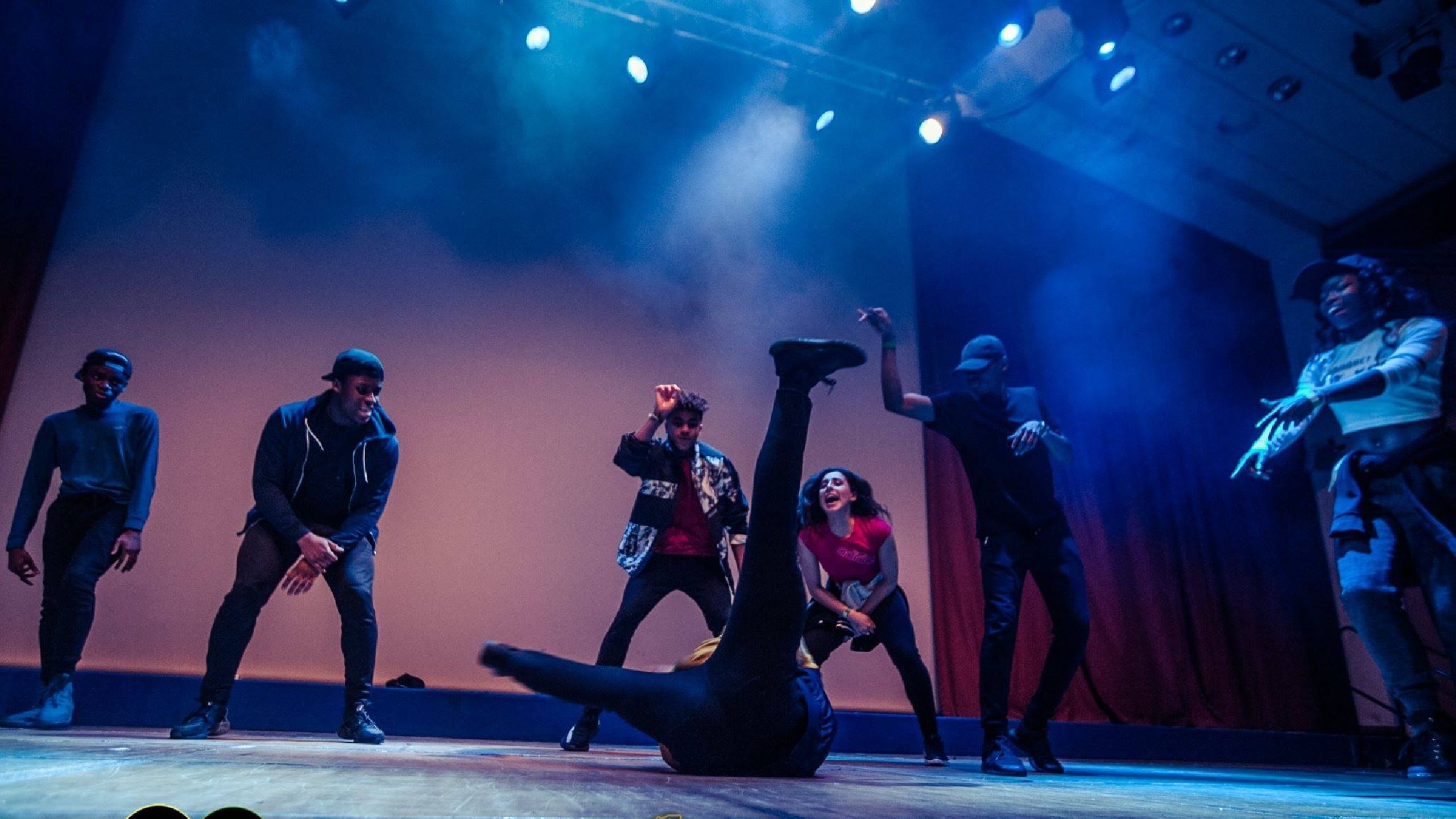
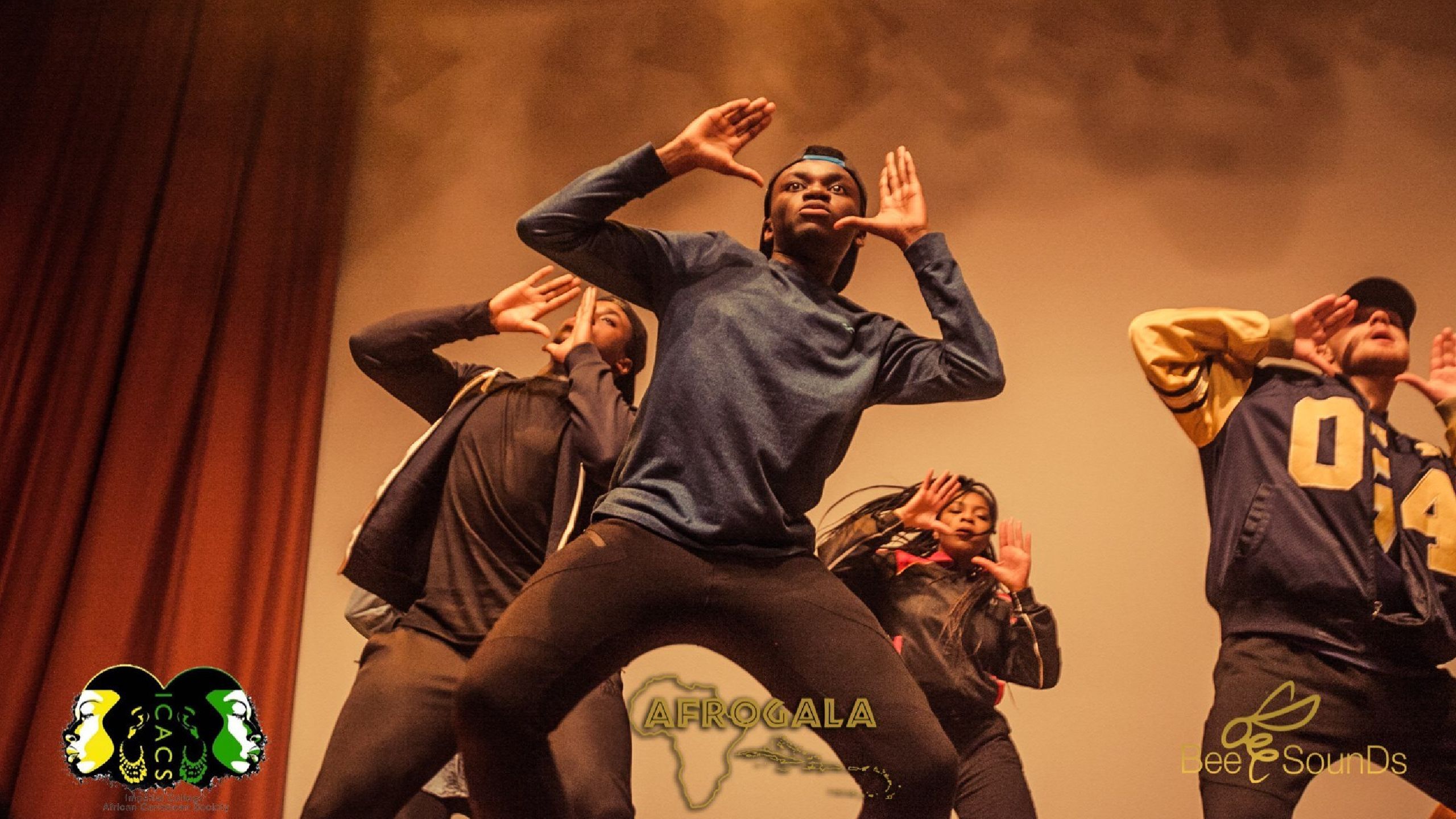
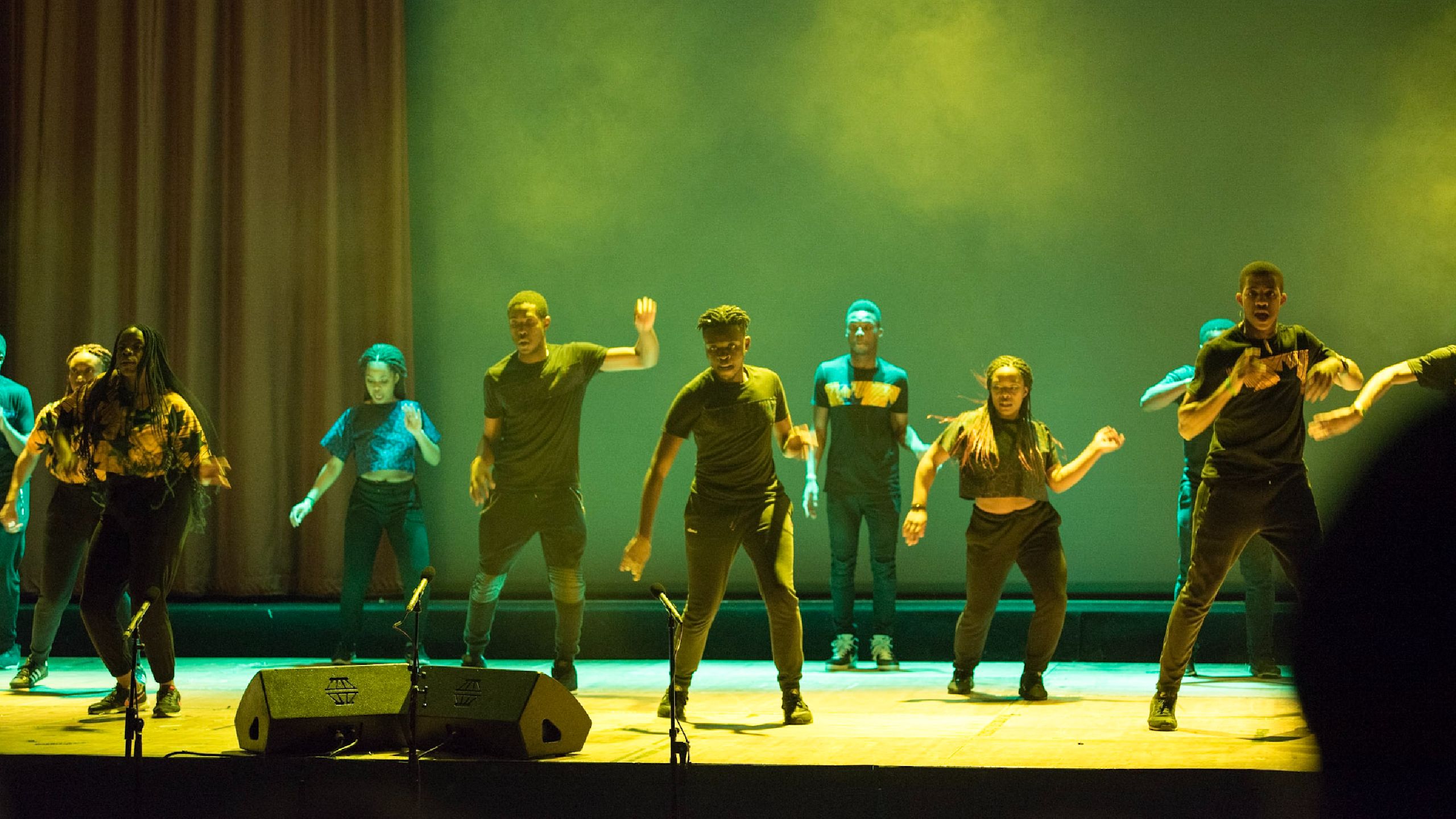
Gaining experience from part-time work
I now work part-time at a company called Kaplan, which provides students with practice tests – to get into medicine, get into US colleges, medical schools and business schools.
I work as a student advisor, talking to students about courses that they could attend and fixing technical issues for them.
I thought the Imperial experience would just be heading down to the library all day every day to study. I didn't think it would be so fun.
I had this preconception – and I think this is a common one – of Imperial being an antisocial place, where everyone is just focused on studying.
But for me, it's been very social. I’ve made a lot of friends and had a lot of fun experiences.
Looking to the future
During fifth year at Imperial we are given an opportunity to spend four weeks in a specialty of our choice – the ‘Special Choice Placement’ (SCP).
This SCP was very important to help me because I was able to shadow doctors in ophthalmology and experience what it’s like to work within this specialty.
In terms of my future career, I am quite interested in ophthalmology, which focuses on eye conditions. I have always been interested in surgery because I like how practical it is.
It's is a special type of surgery because it mostly consists of microsurgery and requires a lot of manual dexterity. Ophthalmologists also have a good work-life balance, which is important to me.
Imperial has been a great experience. I am currently in my sixth year, and I still find my course enjoyable. The facilities and support network have made studying here seamless.
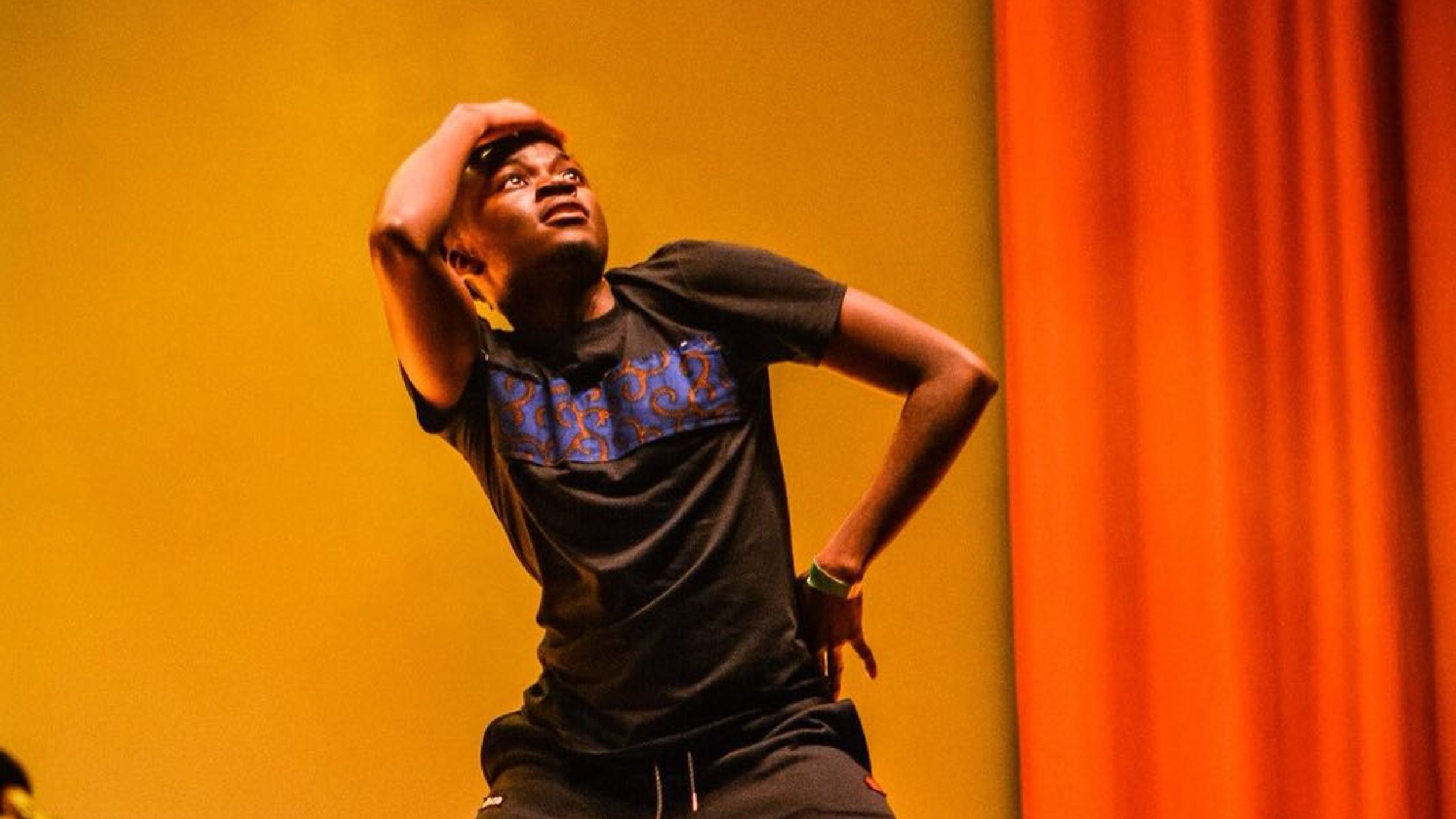

Speak to current students
Learn about course options, living in London and what life at Imperial is really like.
Chat with your future
